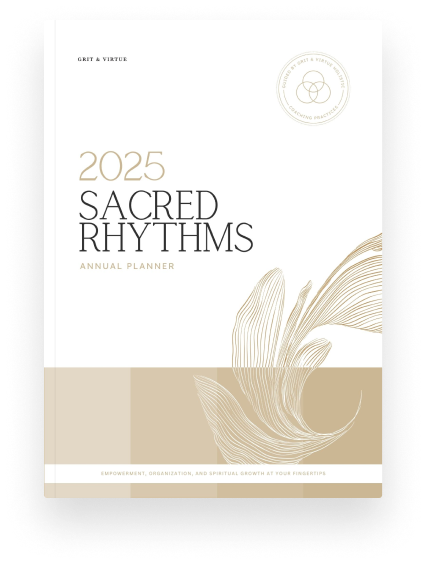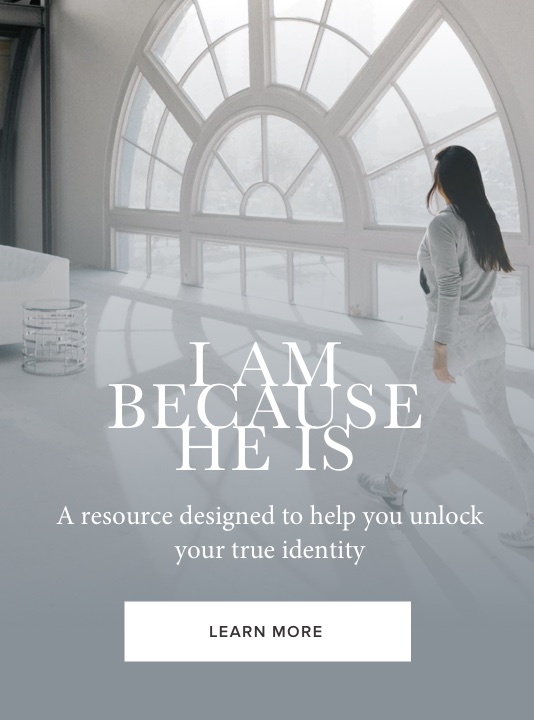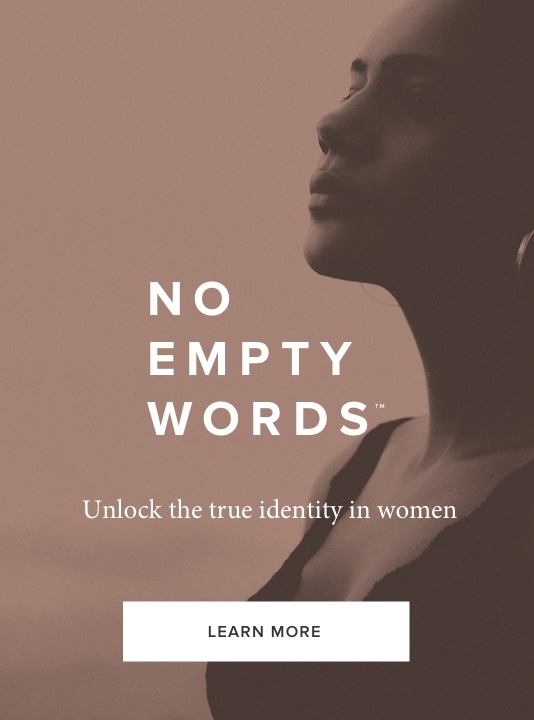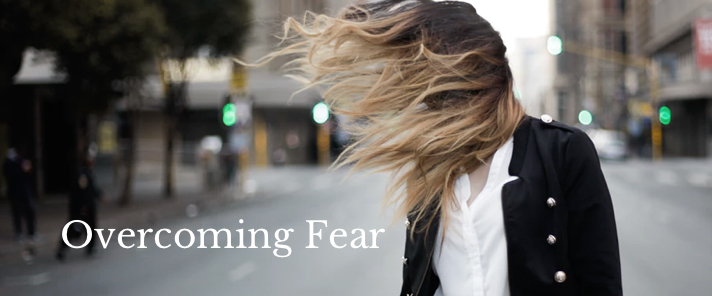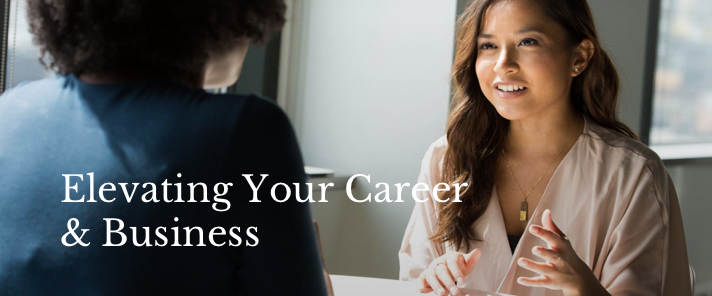For the first time in history, we are experiencing a simultaneous, world-wide season of adversity. In big and small ways, no life has been untouched by COVID-19. Now that we’re a few weeks into our new realities of sheltering in place and social distancing, many of us are feeling stuck in every possible way – physically, emotionally, relationally and spiritually.
While the crisis of this pandemic is unprecedented, the inner workings of the human heart are unchanging. I can’t help but notice that what we are experiencing now as a global community are the same, tender and challenging realities I see in my office every day. Unexpected changes we didn’t choose. Circumstances we can’t control. Feelings of grief, sadness and fear we don’t want and can’t change – all with no end in sight.
A key aspect of emotional and mental health involves allowing ourselves the space to feel by acknowledging our grief and naming our fears, but it doesn’t end there. In any season of hardship, we have the opportunity to thrive as we cultivate internal freedom – a level of peace that transcends whatever circumstances we may face.
As I have walked alongside clients and faced personal experiences of suffering, I’ve learned that the path to freedom can begin with a simple question:
Where do I have choices?
As I reflect on recent conversations with clients, family and friends, I’ve noticed some common themes beginning to emerge and some corresponding choices we can make together.
Choose Boundaries over Hustle
While COVID-19 has pressed the pause button on our way of life as we know it, the hustle mentality of our culture is alive and well. Many of us are feeling pressure to be even more productive, while the borders dividing our professional lives from our home and family responsibilities are blurrier than ever before. Here, we can become incredibly fatigued without even setting foot outside our front doors.
I feel like we could all use one big collective deep breath as we repeat this phrase together:
I don’t have to do it all.
In the face of the unexpected, we still have the opportunity to choose the direction of our Yes and our No.
“Superwoman status” is just as unattainable today as it was two weeks ago. Finding freedom may require us to say no to overwork, completing every school assignment our children have been given or attending every video conference we’ve been invited to.
On the flipside, saying yes involves being proactive about ways to continue to engage in self-care. For me, saying yes looks like designating space to pray and read Scripture in the morning, carving out time to be outdoors by myself, and practicing breathing exercises to reconstruct a sense of buffer space as I transition between my roles as therapist and mom throughout the day.
Choose Meaningful Goals over “Shoulds”
It’s amazing how quickly a new set of unattainable standards has developed in this national health crisis, daily confronting us with all of the things we should be doing in this season.
I should be purging my closet. I should be working out every day. I should be organizing my garage. I should be making creative, homemade meals.
Making decisions about how we will spend our time and energy that are rooted in shame and disappointment produce inconsistent results at best and leave us feeling drained and self-condemning at worst.
As we face this season of uncertainty, it is more important than ever to choose goals that are deeply rooted in the eternal – shaping our character into the people we want to be, deepening our relationship with God, and cultivating habits that reflect our values and the impact we desire to make in the world.
Choose Abundance over Scarcity
Moments of crisis have the power to produce feelings of deep fear and hopelessness, ultimately creating a scarcity mentality. Empty grocery store shelves and hoarding of resources reflects an inward heart condition of many – that we need to take steps to protect and provide for ourselves, because there won’t be enough to go around.
While we don’t have the power to change our circumstances or even the difficult emotions we may be experiencing right now, we do have the opportunity to choose a mindset of abundance.
Embracing abundance is not found in minimizing or faking positive feelings, but it does require the difficult work of challenging our perspective through an intentional movement toward trust. Here, we are free to rise above the limitations of our circumstances and into the presence of the God who has none.
We serve a God who lavishes his love upon us, who provides access to the rest our souls need, and who has met our deepest need of reconciliation with him through the sacrifice of his son.
While we don’t know when all of this will be over, we do know this: God is with us. In Jesus, we see that the God who did not abandon us when facing the suffering of the cross will surely not leave us now. In seasons like these, I am so thankful to serve a God who has endured all forms of suffering imaginable so that he can be with us in ours.
If there’s anything I’ve learned from walking alongside clients for the past decade, it’s that seasons of suffering are temporary. Every time we enter a “valley season,” we may not know the twists and turns our journey will take, how long it will last, what it will require of us, and when we will feel better.
Each choice we make to care for ourselves and others, to pursue purpose and impact, and to experience abundance is one step closer to the end of this difficult season. Together with Jesus, we will get through this. And if we choose to enter in, we will emerge more like Him than ever before.
Enjoyed it? Share it!
Melissa Brownback
Melissa is a pastor's wife, mom, and professional counselor who loves listening to and telling stories that reveal the grace and redemptive work of God in the darkest and most unexpected places. She loves being outdoors and exploring her new community in Southern California where she lives with her husband and two little boys.
But wait, there's more...








